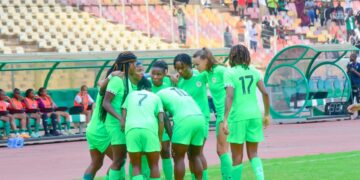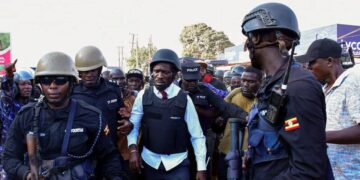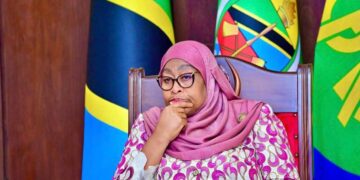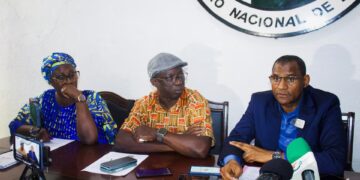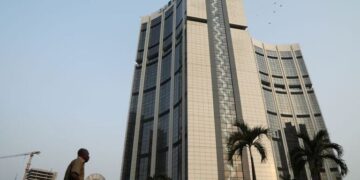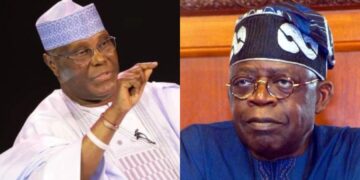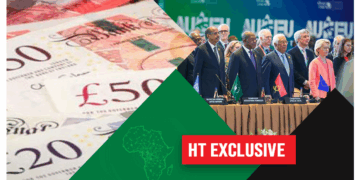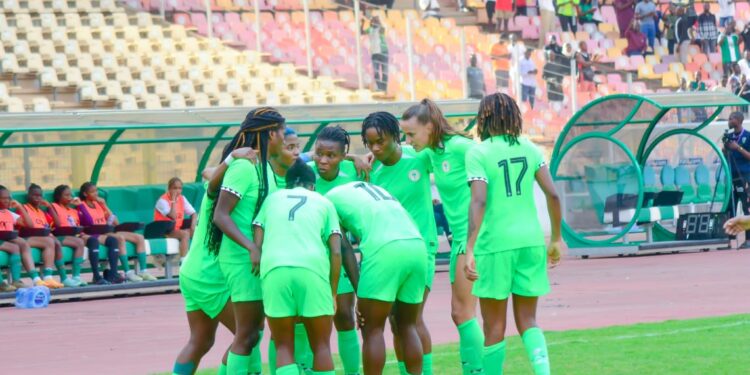By Victor Kanayo
Nigeria has retained its position as the highest-ranked women’s football team in Africa, according to the latest FIFA Women’s World Ranking.
Ranked 36th globally with 1623.29 points, the nine-time Women’s Africa Cup of Nations (WAFCON) champions continue to assert their dominance on the continent, reaffirming their status as the gold standard in African women’s football.
Despite growing competition from emerging African powerhouses, the Super Falcons remain a formidable force. Their recent 2–0 victory over the Indomitable Lionesses of Cameroon in a friendly at the Moshood Abiola Sports Arena in Abeokuta has further solidified their credentials as the team to beat.
Guided by head coach Justine Madugu, the Super Falcons have consistently blended experience with youthful talent, many of whom now feature prominently in elite European leagues. This growing depth and international exposure have helped Nigeria stay ahead of the curve, even as the competition intensifies.
South Africa, who impressed at the 2023 FIFA Women’s World Cup by reaching the Round of 16, remained Africa’s second-best team and were ranked 54th globally. Morocco, another rising force following their historic World Cup knockout stage appearance, is third in Africa and 60th worldwide.
Cameroon (64th), Zambia (65th), and Ghana (66th) follow closely in the rankings, each showcasing growing ambition and talent. Ivory Coast (72nd), Mali (78th), Senegal (81st), and Algeria (82nd) complete Africa’s top 10.
Elsewhere on the continent, Egypt made significant strides, jumping seven places to 93rd — one of the biggest moves in this edition — reflecting increased investment and momentum in North African women’s football. Tunisia (89th) and Equatorial Guinea (90th) also remain in the global top 100.
On the global stage, the United States retained their top position, continuing their long-standing dominance in women’s football.
The latest ranking provides a critical benchmark as African teams prepare for the upcoming 2024 WAFCON tournament and the qualification race for the 2027 FIFA Women’s World Cup — competitions expected to further reshape the landscape of women’s football in Africa and beyond.
